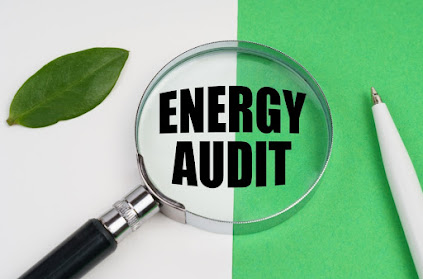How Energy Audits Can Help You Identify Hidden Energy-Saving Opportunities?

Businesses are continuously looking for ways to lower their energy usage and environmental impact in today's world when energy efficiency and sustainability are of the biggest significance. An energy audit is a potent instrument that can assist in achieving these objectives. Energy audits are thorough evaluations of a facility's energy usage that highlight inefficient areas and offer suggestions for improvement. We will look at how energy audits can assist companies in finding untapped energy-saving opportunities and fostering a more sustainable future in this post. Comprehensive Energy Assessment: Energy audits offer a thorough analysis of a facility's patterns of energy consumption. To comprehend how energy is used across the building, qualified personnel conduct on-site evaluations, examine equipment and systems and analyze energy usage data. This all-encompassing strategy enables a thorough comprehension. Through a comprehensive approach, energy usage may be thoro...


